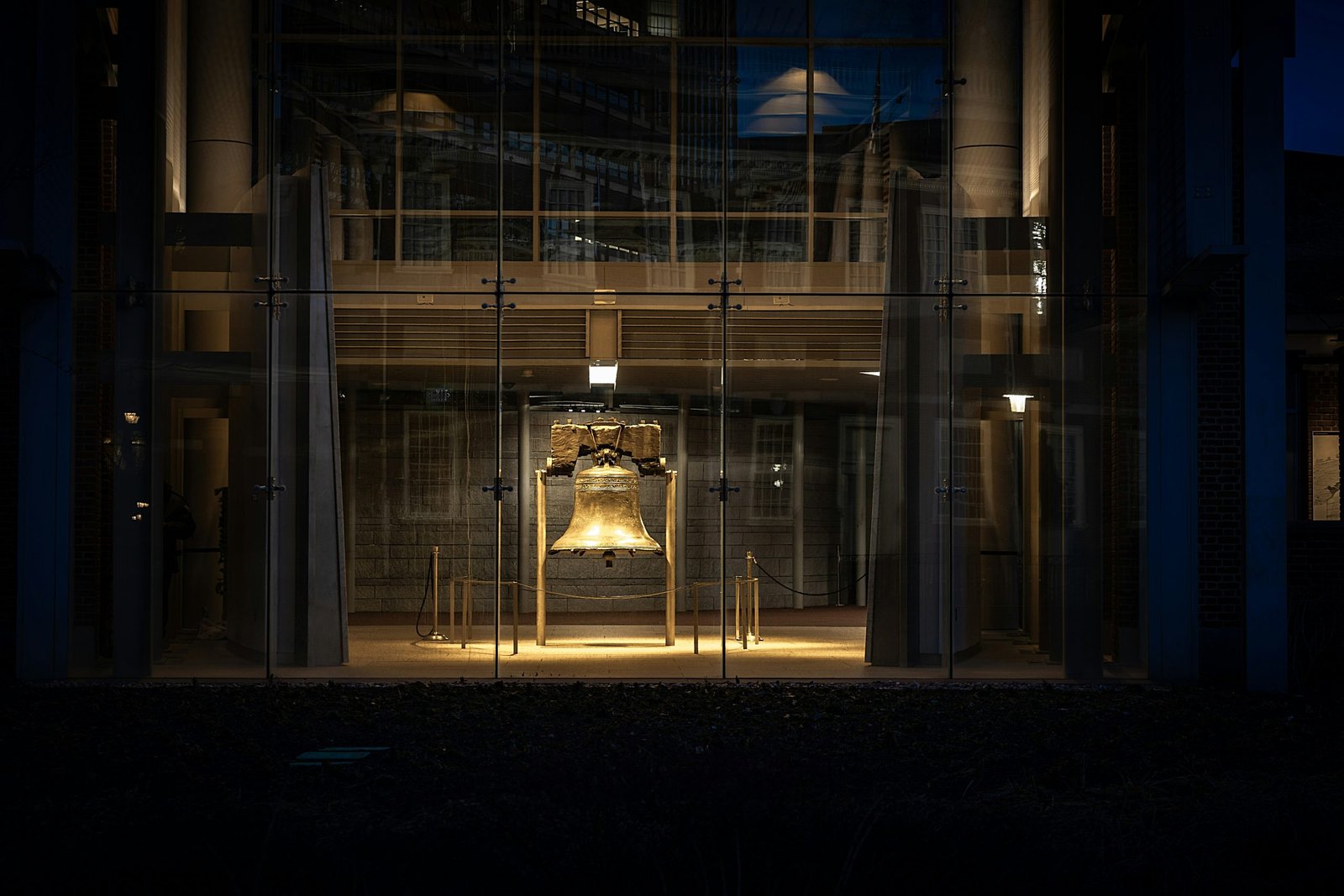Law enforcement started in old times. The first police force began in ancient Egypt around 3000 BC. Called the “Medjay,” they kept order, stopped crime, and caught wrongdoers.
Ancient places like Greece and Rome also had different ways to enforce laws. The Romans had a group of soldiers, the “Vigiles.” They fought fires and kept the streets safe.
Modern Police
Old civilization gave ideas for law enforcement, but 19th century marked the start of today’s police. A big moment was when London formed the Metropolitan Police Force in 1829.
Headed by Sir Robert Peel, this force changed policing by being professional and disciplined. These officers, known as “Bobbies” after Peel’s nickname, stopped crime, helped keep peace, and earned trust from the public.
The success of the London Metropolitan Police Force inspired other cities and countries to establish their own police forces. By the mid-19th century, police forces had been established in major cities across Europe and North America.
Policing in the United States
In the United States, the first modern police force was established in Boston in 1838. Known as the Boston Police Department, it served as a model for other cities in the country. However, it’s important to note that the concept of law enforcement in the American colonies predates the establishment of the Boston Police Department.
Before the Boston Police Department, towns and cities in the American colonies relied on various forms of law enforcement, including night watchmen and constables. These individuals were responsible for maintaining order and preventing crime within their respective communities.
Over time, as cities grew and the need for a more organized and professional police force became apparent, the Boston Police Department emerged as a pioneer in modern policing in the United States.
Evolution and Modern Challenges
Since the establishment of the first police force, law enforcement has evolved significantly to meet the changing needs of society. The introduction of new technologies, such as radios, patrol cars, and forensic science, has revolutionized the way police officers carry out their duties.
However, modern policing also faces numerous challenges. Issues such as community trust, police brutality, and racial bias continue to be subjects of debate and reform efforts. As society evolves, law enforcement agencies must adapt and find new ways to build trust, ensure accountability, and maintain public safety.





